Blog
How can you prepare for AML Compliance – Ultimate AML Guidelines For Starters
Anti Money Laundering Compliance, commonly known as AML Compliance, is something that banks and f...
 Explore More
Explore More
Blog
High-Risk Countries and The Significance of AML/CFT Regulations – How Shufti Can Help
Money laundering and terrorist financing are becoming a global concern. To overcome the risk of c...
 Explore More
Explore More
Blog
Customer Due Diligence Checklist – Is Your Business Compliant?
Compliance regulations can be a challenging task for the financial services sector and fulfilling...
 Explore More
Explore More
Blog
Rethinking Trust in Crypto: How Digital Identity Verification Will Power the Next Phase of Growth
The crypto industry is at a crossroads. After a decade marked by disruptive innovation and volati...
 Explore More
Explore More
Blog
5-Steps to Improve Customer Due Diligence Process
The digital age has witnessed a new wave of financial fraud. It is estimated that $4.7 trillion o...
 Explore More
Explore More
Blog
COVID-19 and Travel & Tourism Industry – What Opportunities Await Post-Pandemic?
The world is completely exhausted with the COVID-19 pandemic. The corporate sector has lost enoug...
 Explore More
Explore More
Blog
Top 5 Industries that AI will Transform in 2021
Artificial intelligence is becoming a comprehensive and encyclopedic term to describe any innovat...
 Explore More
Explore More
Blog
5 Ways How AI Is Uprooting Recruitment Industry
Artificial Intelligence is strengthening its position in many industries and the recruitment indu...
 Explore More
Explore More
Blog
Identity Verification Forecast: How Will KYC Evolve in 2023?
As the world becomes more digital, scammers are honing their craft and employing trickier techniq...
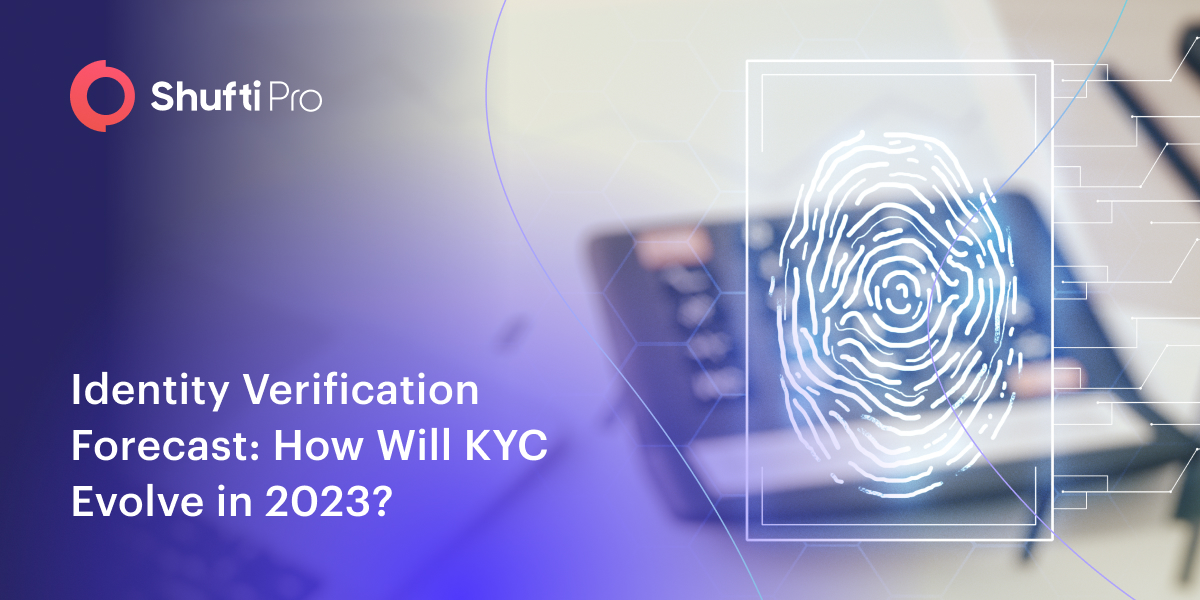 Explore More
Explore More
Blog
Facial Verification – Curing Fraud in the Healthcare Sector
Healthcare professionals continue to be hot targets of bad actors and cybercriminals, with attack...
 Explore More
Explore More
Blog
Identity checks – A Profitable Business Strategy or Another Business Expense?
Online commerce is a necessity of every business these days. With nearly every consumer carrying ...
 Explore More
Explore More
Blog
Document Authentication | Streamlining Onboarding, Compliance & Fraud Prevention
Before the world experienced digitisation due to the advent of smartphones, fast-speed internet, ...
 Explore More
Explore More
Blog
6AMLD of EU – A detailed insight
European union’s another anti-money laundering directive is in the pipeline. And this time the un...
 Explore More
Explore More
Blog
Address Verification: Types, Benefits, and Best Practices
Improving customer service and combating fraud frequently requires swiftly gathering and confirmi...
 Explore More
Explore More
Blog
Combating Modern ID Document Forgery: Threats, Trends, and Solutions
As criminal tactics grow more advanced in the age of digitization, forged identity documents have...
 Explore More
Explore More
Blog, Business Technology, Identity & KYC
The Reason Why Companies Painstakingly Screen Customers
Remote identity Proofing: generally believe that more customers bring more revenue. But that is ...
 Explore More
Explore More
Blog
From Fraudsters to Artists – The Dire Need of AML Compliance for NFTs
Over the past few years, NFTs or Non-Fungible Tokens have become popular in the crypto sector. Ac...
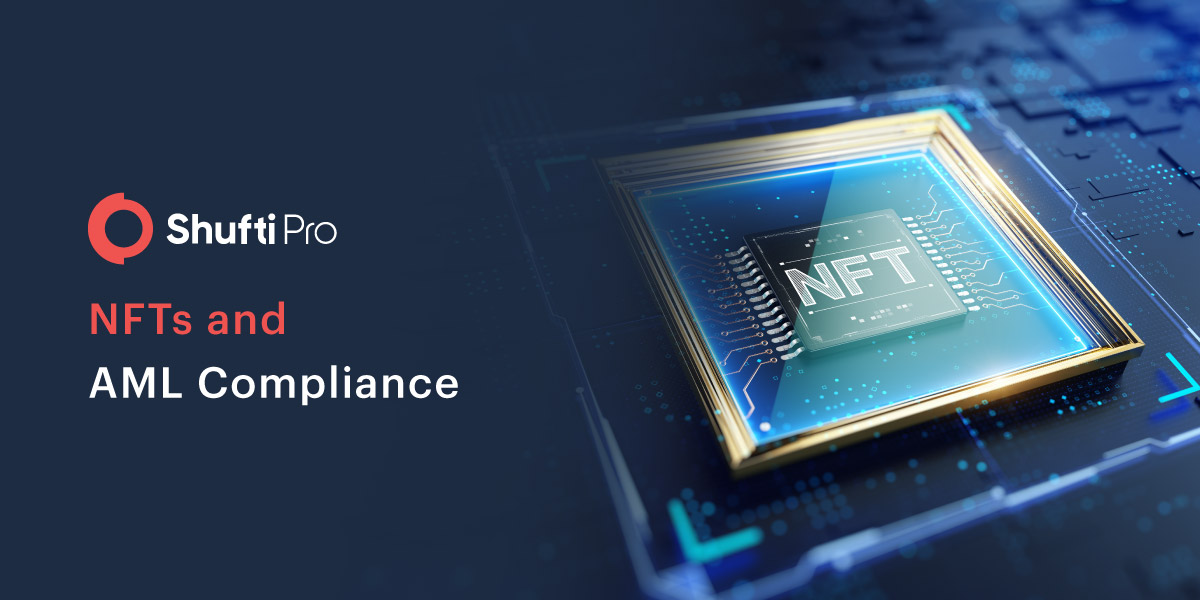 Explore More
Explore More
Blog
EU’s Upcoming Regulation for Cryptocurrency ‘Wild West’
The use of cryptocurrencies as an integral part of criminal schemes is growing immensely. However...
 Explore More
Explore More
Blog
CDD in Real Estate Sector – How to Comply With Updated Regulations
When it comes to investing funds, real estate is considered the safest sector to invest in becaus...
 Explore More
Explore More
Blog
Top Five FinTech Industry Trends to Look For in 2021
Continuous advancements in technology have shifted the world toward digital means of communicatio...
 Explore More
Explore More
Blog
KYC and AML Compliance – Addressing the Challenge of Money Laundering in Online Trading Platforms
An online trading platform is a program where shareholders and traders deal through financial int...
 Explore More
Explore More
Blog
Risk Assessment and Management | Why do Businesses need it?
B2B partnership always carries risks that must be managed whilst staying compliant. Business part...
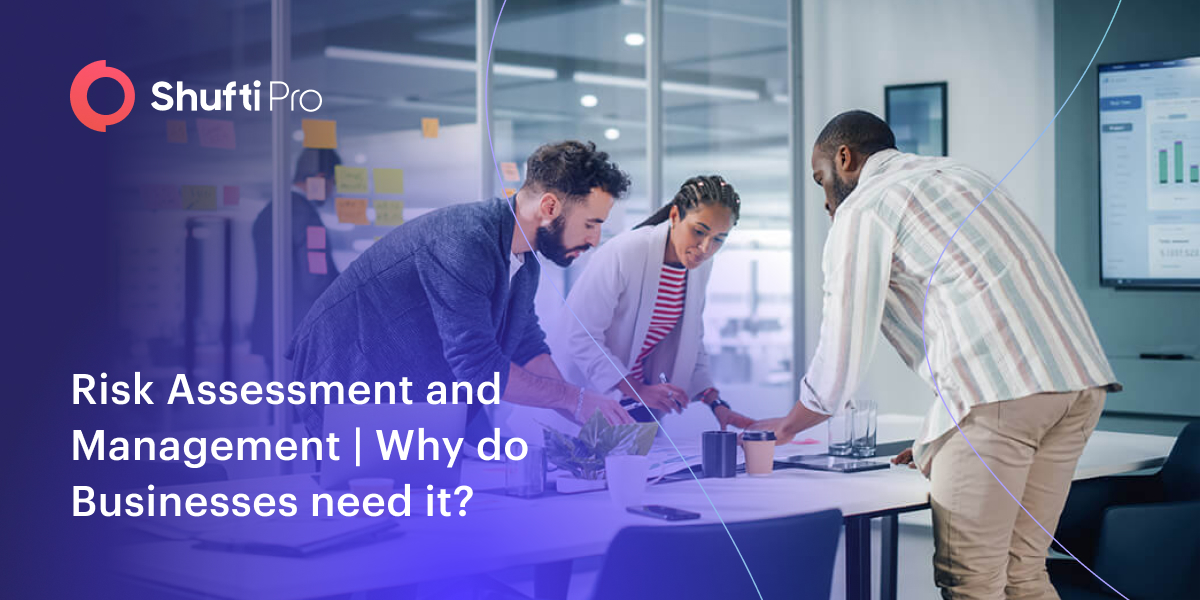 Explore More
Explore More
Blog
KYC Trends To Watch Out For In 2024
Within the last year, there has been significant transformation in the global identity verificati...
 Explore More
Explore More
Blog
Financial Crimes and Romanian AML/KYC Landscape – How Shufti’s AML Screening Can Help
Since the coronavirus outbreak, people worldwide have experienced things that no one could have a...
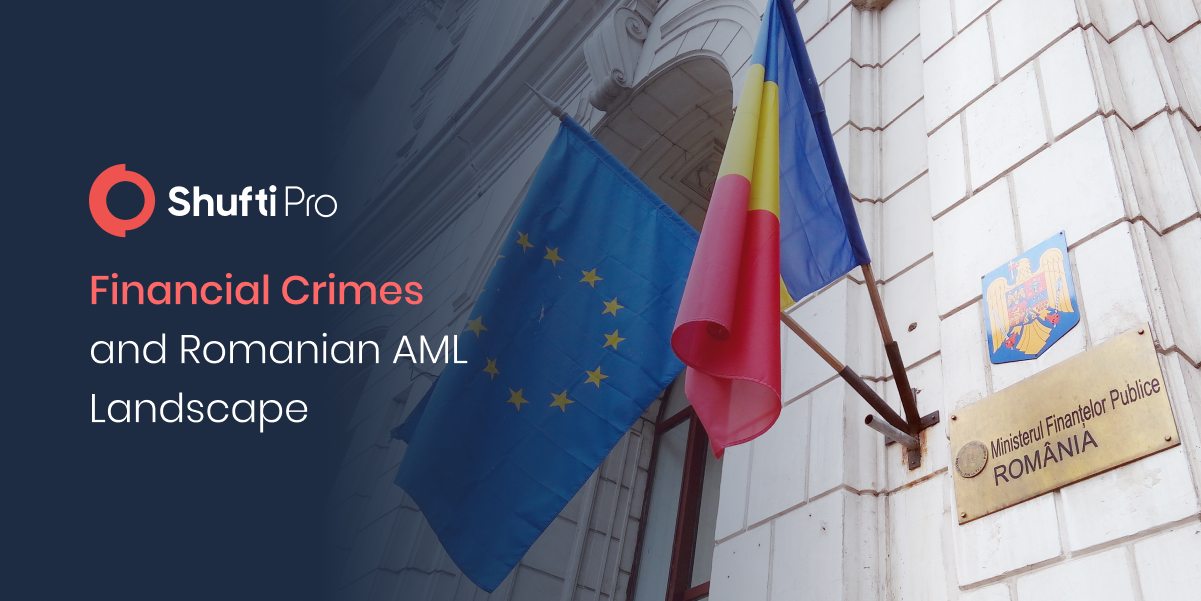 Explore More
Explore More
Blog
International Tax Body to curb Cryptocurrency based Tax Evasion
Tax enforcement authorities from Australia, Canada, the Netherlands, the United Kingdom and the U...
 Explore More
Explore More
Blog
5 Key Cybersecurity Threats for 2020
Cybersecurity threats have become remarkably common and they continue to gain traction with the p...
 Explore More
Explore More
Blog
5 Types of ID Fraud Skyrocketed in the First Half of 2021 – Shufti
Last year, Shufti’s AI-powered identity verification system captured a 3.36% increase in iden...
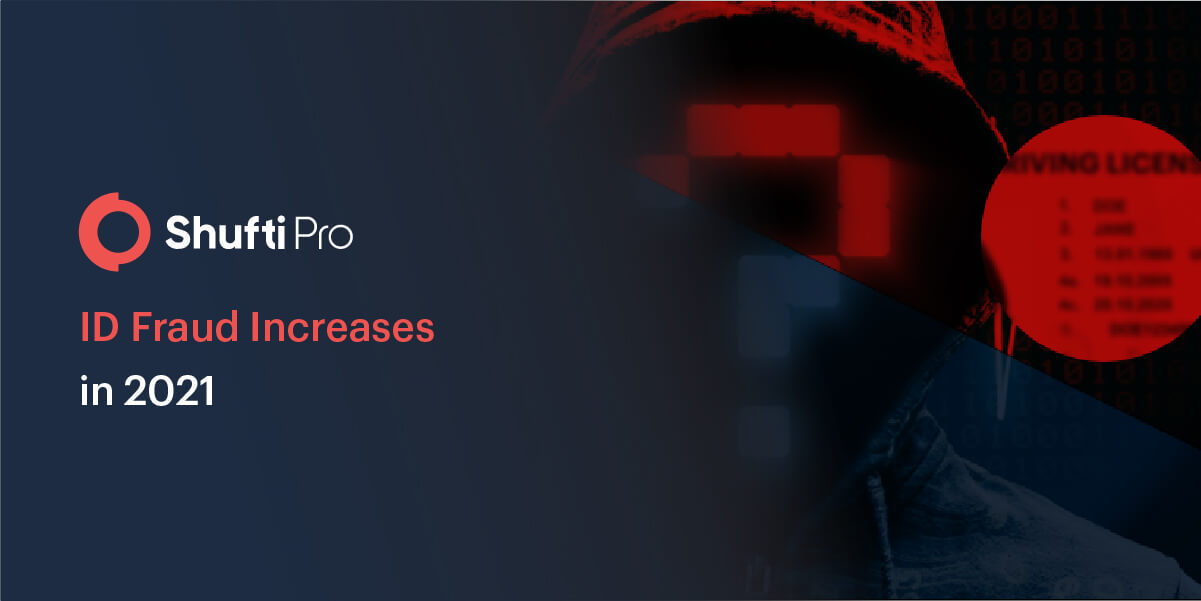 Explore More
Explore More
Blog
Reshaping Travel and Tourism with Instant Facial Recognition
Few technologies have sparked much debate as much as facial recognition. Today, it is considered ...
 Explore More
Explore More
Blog
Top 7 COVID-19 Related Scams and Frauds to Look For in 2021
It has been more than a year since the COVID-19 pandemic took the world by storm. Where the globa...
 Explore More
Explore More
Blog
Know Your Player – Preventing Identity Fraud in Sports Events
The ongoing trend of globalizing sports activities since the last few decades has resulted in a l...
 Explore More
Explore More
Blog
KYC/AML Compliance – A Safeguard Against Money Laundering in the NFT Market
The instability in the non-fungible token (NFT) sector can be seen in the record sales of $25 bil...
 Explore More
Explore More
Blog
Identity Fraud on Social Media Platforms – How Shufti Keeps Fraudsters at Bay
With almost 70% of the world’s population interacting through social media platforms, businesses ...
 Explore More
Explore More
Blog
Verifying Donors and Origins of Charitable Funds with Identity Verification
Like any other financial institution, charity organisations are also equally vulnerable to moneta...
 Explore More
Explore More
Blog, Financial Crime / AML
Challenges of AML Compliance under FinCEN
AML Compliance for US based Cryptocurrency companies has been tightened by Financial Crimes Enfor...
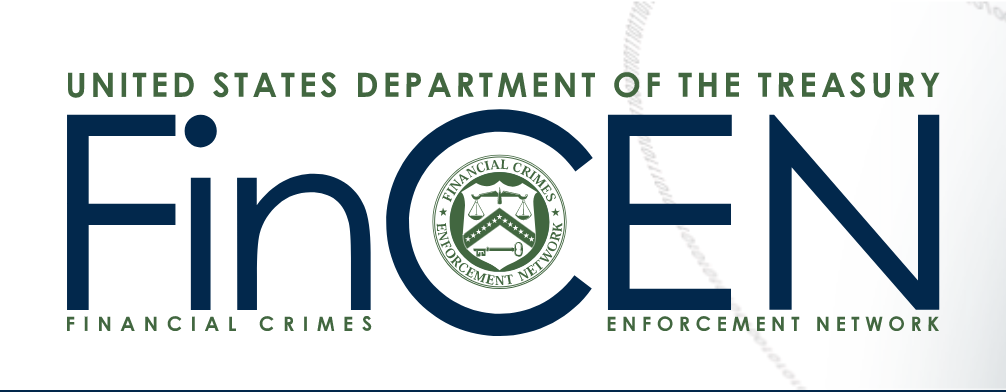 Explore More
Explore More
Blog
Indonesia’s First-ever Comprehensive Law on Data Privacy – the PDP Bill
Being the largest economy in Southeast Asia, Indonesia is experiencing enormous growth in the dig...
 Explore More
Explore More
Blog
Securing Telehealth Services and Fighting Identity Fraud with Shufti’s ID Verification Solution
The telehealth industry has been completely revolutionized by services ranging from medical essen...
 Explore More
Explore More
Blog
Forensic Document Verification Solutions – A Key Step in Eliminating Identity Fraud
With emerging technologies, the demand for online services and products is skyrocketing, raising ...
 Explore More
Explore More
Blog
Enhancing security in the cryptocurrency world with KYC verification
Almost 20 years after the legislation on combating money laundering, regulators around the world ...
 Explore More
Explore More
Blog
Assessing the Importance of Digital Identity Verification in On-Demand Services
Dealing with the after-effects of the coronavirus pandemic, digital business platforms and e-comm...
 Explore More
Explore More
Blog
Top 10 AML Trends to Watch for in 2022
In 2021, the increasing scope of regulatory sanctions has affected businesses globally. The use o...
 Explore More
Explore More
Blog
KJM Age Restrictions Breaking New Grounds for Gaming Industry
Minor protection has become a challenge for everyone these days. Parents are worried about the ty...
 Explore More
Explore More
Blog
Top 10 Real-World Scenarios Where Shufti’s IDV Can Help
Whether you’re an e-commerce store that needs to verify delivery addresses or a bank that has to ...
 Explore More
Explore More
Blog
Understanding the Key Role of Risk Assessment in the Crypto Industry
Cryptocurrencies are becoming a hotspot for scammers to perpetrate financial crime. Over 46,000 i...
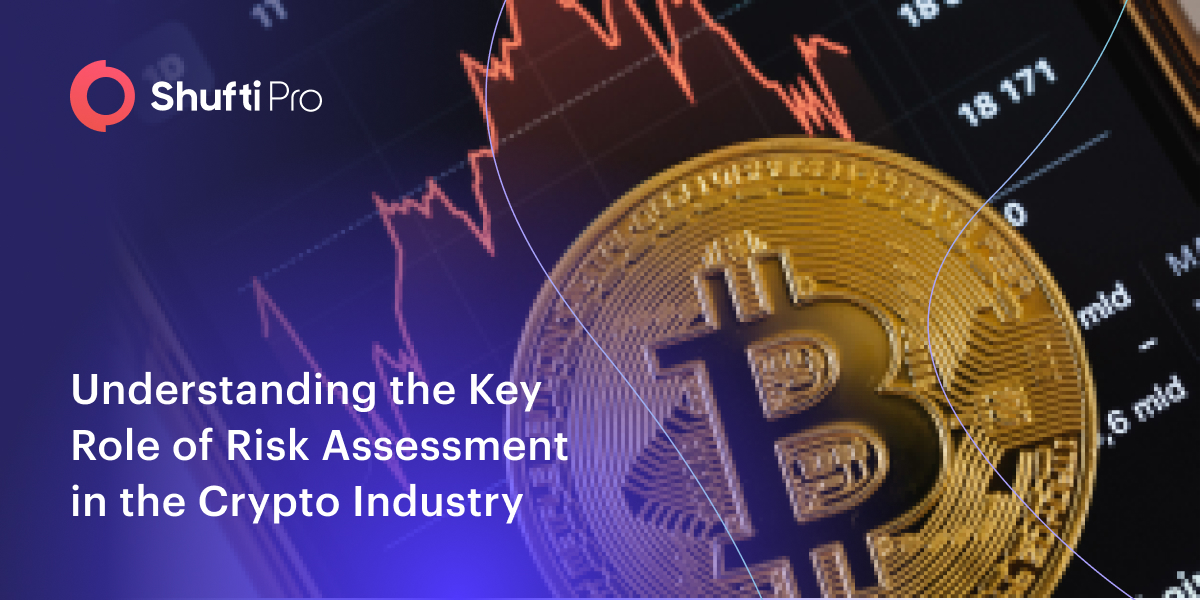 Explore More
Explore More
Blog
Know Your Investor | Understanding Which Investors to Onboard
Investor onboarding is regarded as one of the most critical stages of the business’s lifecy...
 Explore More
Explore More
Blog
Identity Fraud on Social Media Platforms – How Shufti Keeps Fraudsters at Bay
With almost 70% of the world’s population interacting through social media platforms, businesses ...
 Explore More
Explore More
Blog
AML/CFT Compliance – Why Australia is a Safe Haven for Money Laundering
Recent inquiries and cases against major Australian casinos have raised questions about the measu...
 Explore More
Explore More
Blog, Online Marketplace
How Identity Verification Makes Remote Account Opening Efficient for Banks
Banks have a lot to benefit from the remote account opening service as it allows them to bring a ...
 Explore More
Explore More
Blog
Antiquities Market – A Conduit of Money Laundering and Terror Financing
Money laundering and terror financing through art and antiquities has been a concern of regulator...
 Explore More
Explore More
Blog
OCR Solution: A Must-have for Every Business to Automate Workflows
Moving documents and files from one format to another is necessary during transactions and busine...
 Explore More
Explore More
Blog, Fraud Prevention
Identity Theft – One Fraud Multiple Facets
Identity theft is a global crime. All types of identities, including the financial, medical and b...
 Explore More
Explore More
Blog
Employee Verification – First Line of Defence Against Corporate Fraud
One day you wake up to the fact that the employee you’ve been trusting for years has been embezzl...
 Explore More
Explore More
Blog
5 Ways Facial Biometric Technology Elevates Customer Retention
Today, biometric technology is known for its ease of use and reliability. Facial biometrics have ...
 Explore More
Explore More
Blog
Effectiveness of the UK’s Economic Crime Bill in Combating Financial Crime
The Russian invasion of Ukraine has resulted in a surge in financial crimes in the UK as Russian ...
 Explore More
Explore More
Blog
Insights Into Austria’s Biometric KYC Onboarding [2022 Updates]
Biometric authentication is considered a convenient approach for onboarding online customers that...
![Insights Into Austria’s Biometric KYC Onboarding [2022 Updates] Insights Into Austria’s Biometric KYC Onboarding [2022 Updates]](https://shuftipro.com/wp-content/uploads/b-img-austria.png) Explore More
Explore More
Blog
Covid Report Verification: New Restriction for Airports
The Covid-19 cases have drastically increased over time and as of February 6, 2021, 18,262 new ca...
 Explore More
Explore More
Blog
Telehealth Services and Sophisticated Crimes – How Shufti Can Help Health Centers
The speed of innovation has never been faster. Re-emerging from a global pandemic, busi...
 Explore More
Explore More
Blog
Know your transactions (KYT) boosts your KYC efforts
Integration problems, lack of adequate attributes, and how Know Your Customers (KYC) are handled,...
 Explore More
Explore More
Blog
5 RegTech Applications That Will Govern the Financial Regime in 2021
RegTech, short for Regulatory Technology, is the subset of FinTech which bridges the gap between ...
 Explore More
Explore More
Blog
Securing Mobility as a Service (MaaS) with Shufti’s Digital Identity Verification Solution
The transport industry is on the verge of significant disruption, with new emerging technologies,...
 Explore More
Explore More
Blog
7 Fascinating Facts about Face Verification Technology
Technology is a fundamental part of our day-to-day lives, from checking the weather and connectin...
 Explore More
Explore More
Blog
Art Market in the Frame of Money Laundering
The highly volatile finance and crypto sector is not appealing for many investors, so they turn t...
 Explore More
Explore More
Blog, Financial Crime / AML
What is PEP Compliance and Why do Financial Institutions Need it?
For Politically Exposed Persons (PEPs), an inter-governmental body established in 1989, Financial...
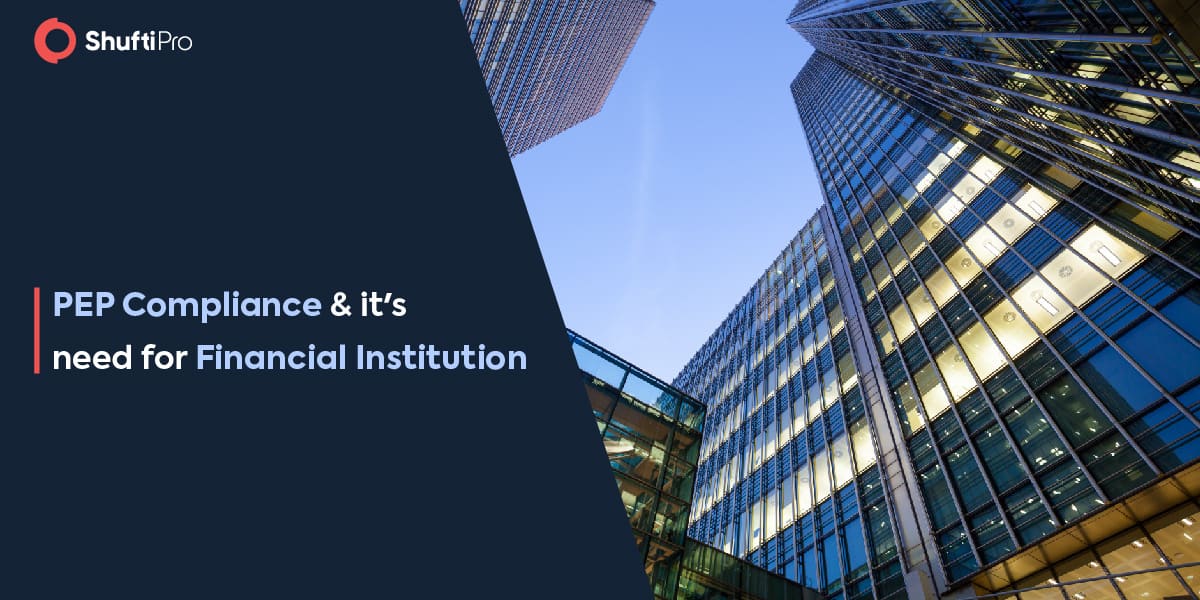 Explore More
Explore More
Blog
UN Sanctions List: What Every Business Owner Must Know
Businesses must navigate a web of rules and regulations whilst onboarding customers, as one misst...
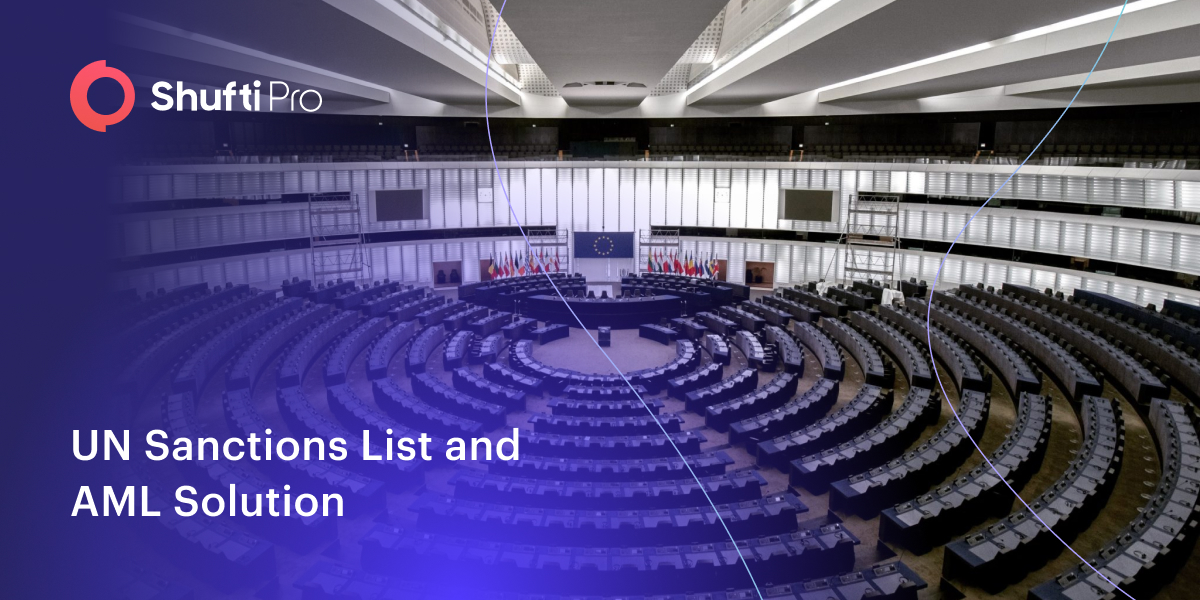 Explore More
Explore More
Blog
Identity verification solutions to fight against faces of fraud
In this digital world, billions of smart devices are circulating, connecting and communicating wi...
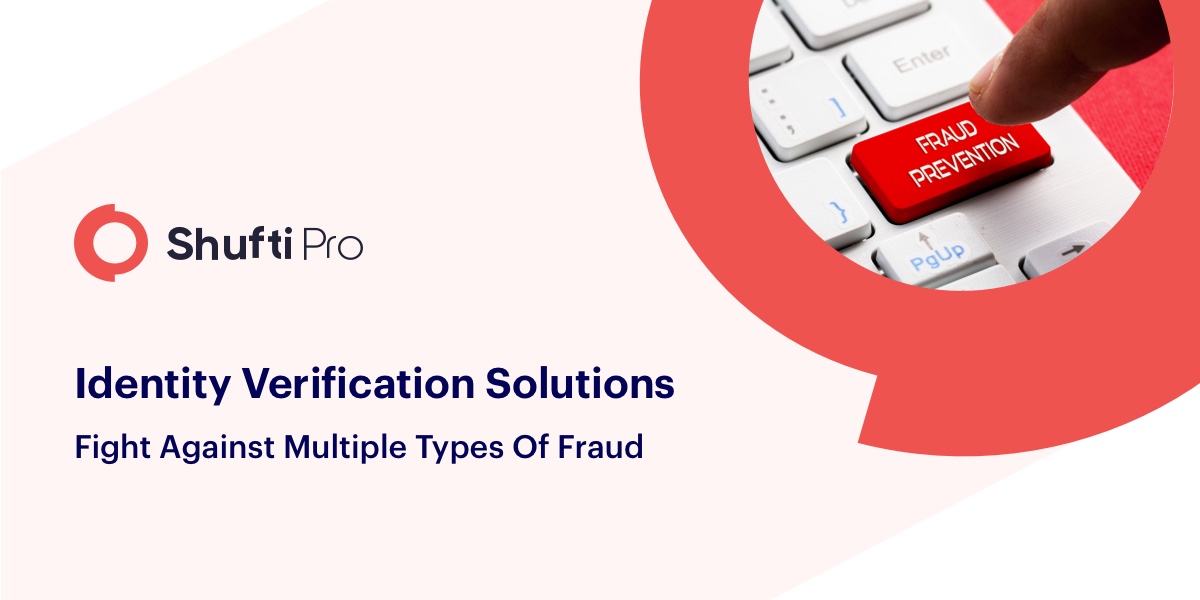 Explore More
Explore More
Blog
AML Compliance – Identifying the Red Flags Money Laundering in the Real Estate Sector
Purchasing real estate is an attractive way for money launderers to legitimise larger amounts of ...
 Explore More
Explore More
Blog
Non-Fungible Tokens (NFTs), Financial Crimes and AML/KYC Regulations – How Shufti Can Help
Non-Fungible Tokens (NFTs) emergence is providing a whole new segment to buy or sell digital crea...
 Explore More
Explore More
Blog
Fraud Prevention – Challenges, Strategies, Best Practices, and Technologies
The twenty-first century is by far the most revolutionary time in the history of humans in terms ...
 Explore More
Explore More
Blog
Multi-Tier Security – Another Line of Defense Against Bank Account Scammers
The banking sector has been witnessing a significant rise in criminal activities is a major conce...
 Explore More
Explore More
Blog, Online Marketplace
Why age verification matters to online businesses?
Identity verification services are fast becoming a business norm for companies that are enthusias...
Blog
KYC ID Verification – A Critical Component for Securing Online Dating Activities
Social manipulation in online dating platforms targets numerous users and their personal informat...
 Explore More
Explore More
Blog
Replay Attacks – Another Rising Threat for Businesses in 2021
As technology advances, more and more solutions are available for making lives convenient. Unfort...
 Explore More
Explore More
Blog
Regulatory Compliance | The Importance of Age Verification on Betting Sites
Online betting sites and gambling platforms frequently face significant challenges in adhering to...
 Explore More
Explore More


























































![Insights Into Austria’s Biometric KYC Onboarding [2022 Updates] Insights Into Austria’s Biometric KYC Onboarding [2022 Updates]](https://shuftipro.com/wp-content/uploads/b-img-austria.png)
















